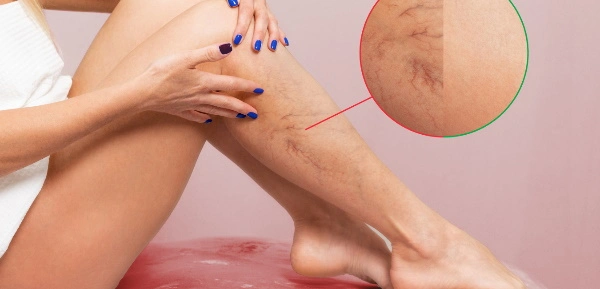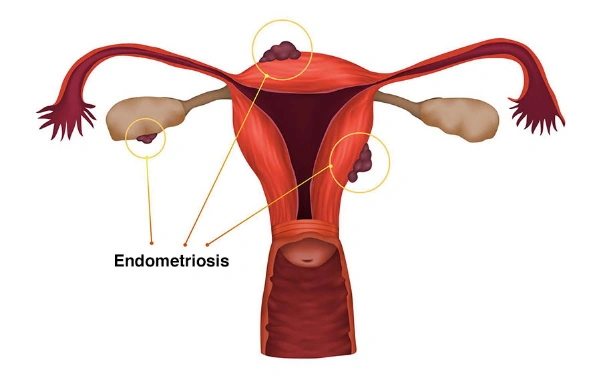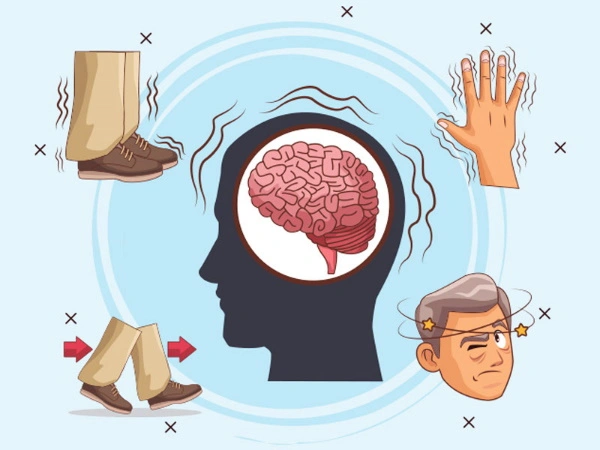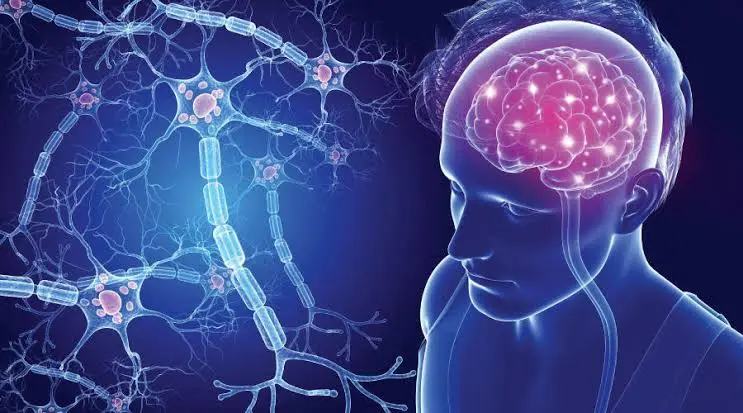Are varicose veins genetic

If you tested your DNA with a personal genomics service like 23andMe, AncestryDNA, FamilyTreeDNA, MyHeritage or another testing company, you can learn more about your risk factors for hundreds of diseases. By clicking the button above ⬆️, you can upload your raw DNA data file and receive a personalized 250-page health report with research links that is the most comprehensive.
Varicose veins present a pervasive issue for which no endorsed medical remedies exist. Despite the consensus that their development encompasses multiple factors, comprehension of these genetic and environmental determinants remains sparse. By conducting vast investigations into risk inducing elements related to varicose veins, we may elucidate critical aspects concerning pathophysiological underpinnings while identifying populations with heightened susceptibility to this affliction.
There is not a complete understanding of the factors that influence varicose vein formation. While age, female sex, pregnancy, obesity and prior DVT have been established as risk factors through epidemiological studies; other potential contributing factors remain uncertain. Moreover, though familial conditions may play a prominent role in this disease's development genetic research has provided conflicting results due to small sample sizes. Consequently it remains challenging to identify individuals susceptible or provide preventative measures since we lack insight on biological pathogenesis – an explanation for why no approved therapies exist to delay or stop progression of such diseases until now.
The development and risk of varicose veins are greatly influenced by genetics. Certain inherited traits may enhance the possibility for individuals to develop flawed valves and weakened vein walls, increasing their susceptibility to this condition.
A history of varicose veins in a close family member, such as a parent or grandparent, may indicate an increased risk for you. However, while genetics play a role in this condition's development, it is not certain that they will lead to the onset of your own varicose veins given lifestyle and environmental factors' contributions. In fact, by taking measures to mitigate other risks associated with them developing can enhance your chances at preventing their occurrence altogether.
Follow the link of the selected polymorphism to read a brief description of how the selected polymorphism affects Varicose veins and see a list of existing studies.
SNP polymorphisms related to the topic Varicose veins:
| rs13155212 | The polymorphic variant rs13155212 of the AGGF1 gene increases the risk of lower extremity varicose veins. |
| rs4151657 | Studies suggest a link between the CFB genomic region and the risk of primary varicose veins. |
| rs7704267 | Polymorphic variant rs7704267 of the AGGF1 gene increases the risk of lower extremity varicose veins. |
| rs1805087 | Moderate risk factor for hyperhomocysteinaemia. A factor that increases the body's need for folic acid and vitamin B12. |
| rs3025058 | MMP3 matrix metalloproteinase gene polymorphism is more common in patients with varicose veins of the lower extremities. |
| rs1799750 | MMP1 matrix metalloproteinase gene polymorphism increases the risk of lower extremity varicose veins. |
| rs11121615 | A polymorphism in a gene involved in inflammation and blood vessel development affects the risk of varicose veins. |
| rs2911463 | |
| rs2861819 | |
| rs28558138 | |
| rs8053350 | |
| rs3101725 | |
| rs11135046 | |
| rs7773004 | |
| rs12625547 | |
| rs236597 | |
| rs7614922 | |
| rs73107980 | |
| rs7469817 | |
| rs2241173 | |
| rs816943 | |
| rs1061539 | |
| rs1549063 | |
| rs16828263 | |
| rs9719461 | |
| rs2263321 | |
| rs247749 | |
| rs75522736 | |
| rs553399706 | |
| rs62512472 | |
| rs584768 | |
| rs2089657 | |
| rs12594708 | |
| rs186005582 | |
| rs192647746 | |
| rs7856039 | |
| rs9880192 | |
| rs236530 | |
| rs2836405 | |
About The Author
Li DaliLi Dali, a National Foundation for Outstanding Youth Fund recipient, is a researcher at the School of Life Sciences in East China Normal University. He earned his PhD in genetics from Hunan Normal University in 2007 and conducted collaborative research at Texas A&M University during his doctoral studies. Li Dali and his team have optimized and innovated gene editing technology, leading to the establishment of a world-class system for constructing gene editing disease models.


